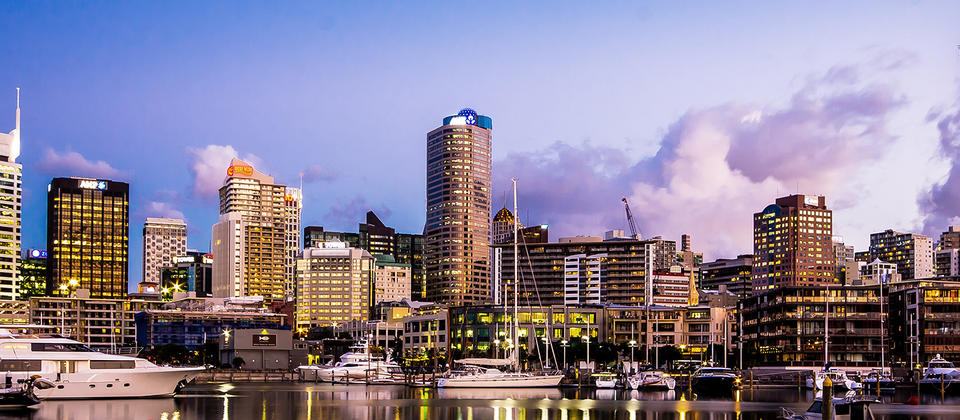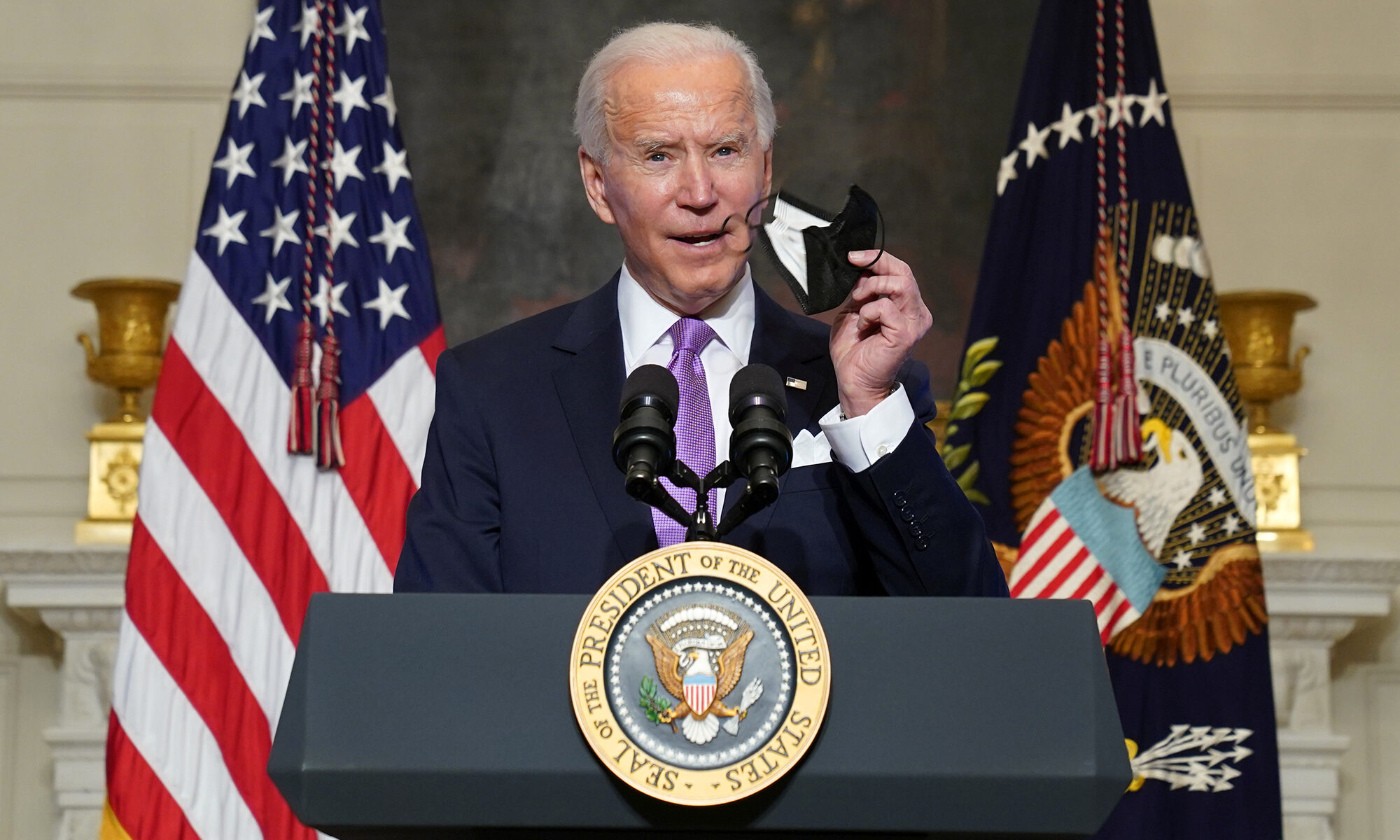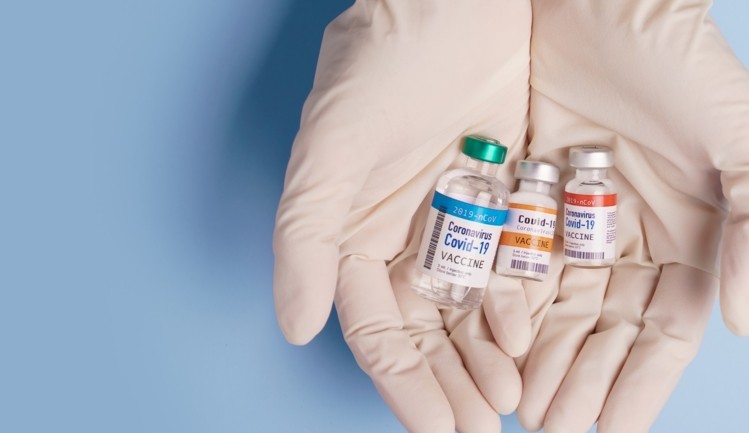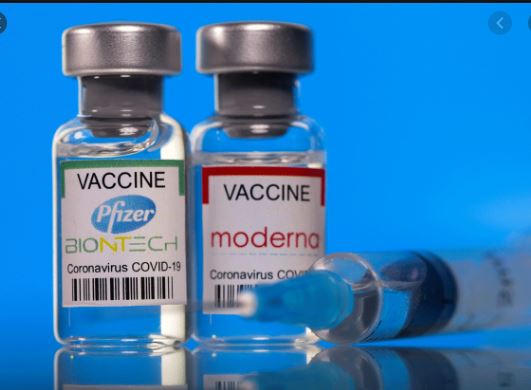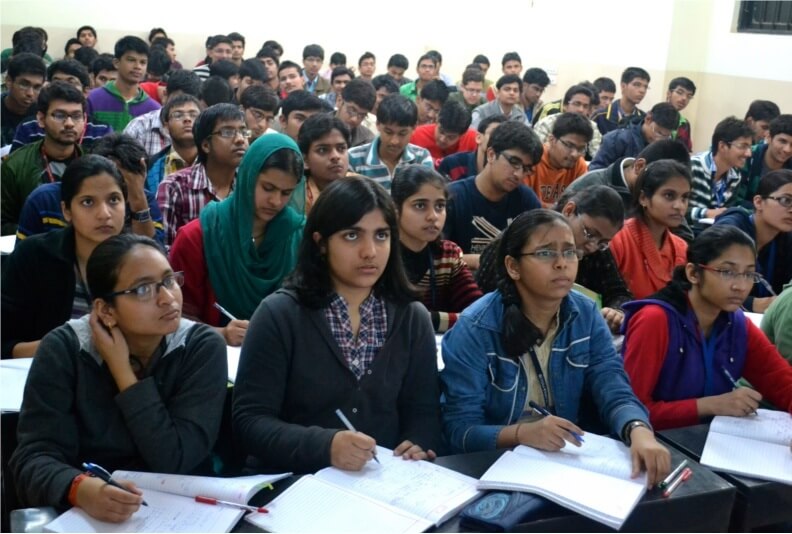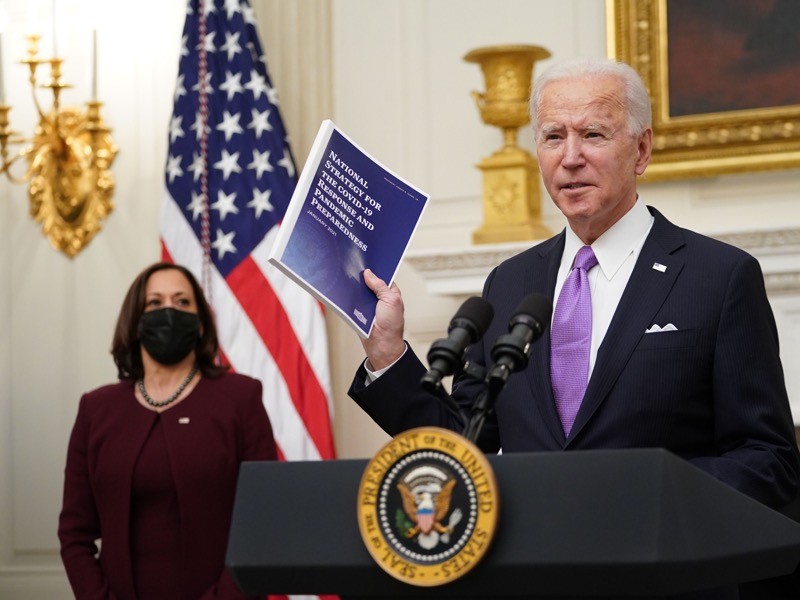On Saturday, the Indian Medical Association (IMA) said that 719 doctors have lost their lives due to coronavirus in the second wave of the Covid-19 pandemic, with Bihar recording the maximum fatalities.
According to IMA, Bihar has recorded 111 deaths, Delhi 109, Uttar Pradesh 79, West Bengal 63, and Rajasthan 43.
Also See: New mutants of Coronavirus
Among the southern states, Andhra Pradesh has reported 35 deaths, while 36 doctors succumbed to the virus in Telangana. Meanwhile, Tamil Nadu recorded 32 deaths, while Karnataka and Kerala reported 9 and 24 deaths, respectively.
In May-end, IMA’s Bihar Branch had constituted an eight-member committee to probe the reason of the rise in deaths as Bihar topped the list in doctor deaths. The committee headed by Dr. Sahjanand Prasad Singh- IMA President-elect – is slated to ascertain as to why Bihar tops the list of doctor deaths due to Covid19 in India. The association has decided to give ₹10 lakh each to families of poor doctors.
Also Read: Issue of shortage of doctors in India- lessons from the Covid19 pandemic
Earlier, IMA revealed that at least 748 doctors died due to Covid19 in the first wave of the pandemic. Earlier, the apex medical body sought the centre’s intervention into the increasing incidents of physical violence against the doctors and the healthcare professionals in this country. IMA chief Dr Jeyalal has also asked for a declaration of a ‘protective zone’ within the hospital to safeguard healthcare workers.
Meanwhile, on Friday, prominent neurologist and Padma Shri recipient Dr Ashok Panagariya died of post-Covid complications in Jaipur. He was 71. For the past several days, Dr Panagariya was on ventilator support at a private hospital.
His condition gradually deteriorated in the past two days and he died on Friday, hospital sources said.
Also Read: Increasing Preponderance of depression during Covid19 Pandemic
Plight of doctors
Dr Rajan Sharma was the national president of the Indian Medical Association in 2020. Dr. Sharma had expressed the plight of doctors in one of his writings. On May 22, he penned a piece on the bruising experience of doctors battling Covid-19 pandemic (in India).
Dr. Sharma wrote, “The soldier comes home draped in the tricolour, a “martyr”.
The doctor returns unacknowledged
Silence prevailing
Both fight for their nation
And yet are awarded two starkly different stations?”
These lines paint the plight of doctors and the poor light in which they are treated even in such tough times as the current pandemic, where they are inevitable life savers.
The data on ‘doctor deaths’ should come as an eye opener for GOI, while India continues to reel under Covid19 with doctor deficiency syndrome.



